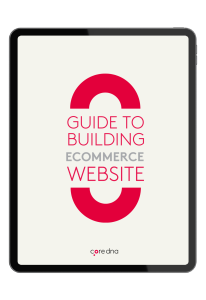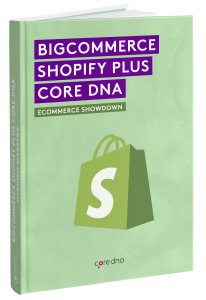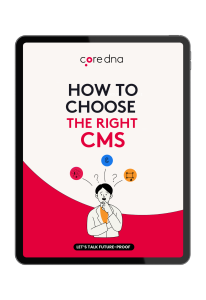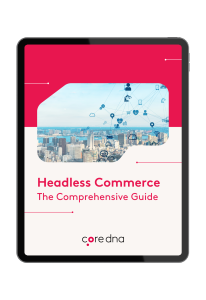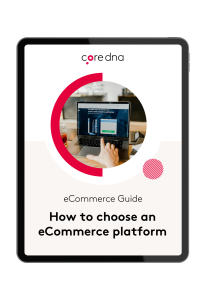Choose the Right Platform with Confidence: Download Our Comprehensive RFP/RFI Guide for CMS and eCommerce!
Selecting the perfect Content Management System (CMS) or eCommerce platform for your business is no small task. With countless features, integrations, and vendor options to evaluate, where do you begin?
Our RFP/RFI Guide is your ultimate toolkit for making informed decisions. Packed with 500+ essential questions, this guide ensures you identify the features, capabilities, and vendors that align perfectly with your unique business needs.
What’s Inside the Guide?
Content Management Systems (CMS):
- Content Creation & Management: Questions about workflows, cross-channel content strategies, metadata, version control, and more.
- Usability Features: Evaluate WYSIWYG editors, autosave, spell check, and content reuse capabilities.
- Administrative Insights: Explore role-based access, permissions, and safeguards like delete confirmations.
eCommerce Platforms:
- Omnichannel Capabilities: Assess how platforms integrate with social media, marketplaces, and physical POS systems for a seamless customer experience.
- Headless Commerce: Questions about API documentation, flexible front-end frameworks, and IoT/mobile solutions.
- Integrations & Connectivity: Evaluate low-code interfaces for connecting to ERP, PIM, OMS, and payment gateways.
Key Business Considerations:
- Product Information Management: Dig into elastic search, product variations, bundling, and user-generated content integration.
- Conversions & Client Journeys: Assess A/B testing, SEO tools, multilingual support, and international currency options.
- Sales Processes: Questions on cart/checkout features, payment methods, abandoned cart recovery, and order management.
- Shipping & Fulfillment: Explore carrier integrations, shipping calculations, and international shipping support.
- Analytics & Reporting: Ensure robust data insights for marketing, sales, and technical stakeholders.
- Security & Compliance: Questions on privacy policies, data encryption, disaster recovery, and deployment best practices.
Why Download This Guide?
With this RFP/RFI guide in hand, you’ll have a clear roadmap to evaluate potential platforms with precision. It’s designed to save you time, reduce stress, and empower your team to make confident decisions about the tools that will drive your business forward.
💡 Don’t risk choosing the wrong platform!
Click to download your free copy of the guide and start asking the right questions today.


